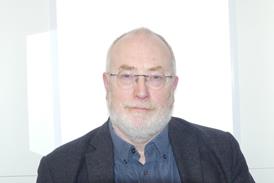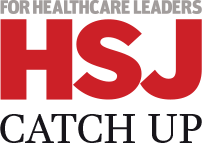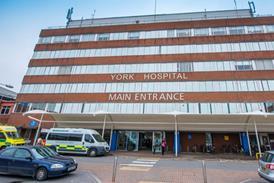Supporting the deaf community in accessing healthcare and committed to removing the barriers that prevent equitable access and treatment, SignHealth, a passionate and caring deaf-led team, have been working with and campaigning for deaf people, many of whom use sign language, since 1986.
The organisation prides itself on being truly representative of the deaf community, “Over 70 per cent of our staff are deaf themselves, which means that everything that we do is directly led by deaf people and their experience,” said Lucy Warnes, director of communications and fundraising for SignHealth.
Partnering with the NHS and social care services, the organisation provide specialist residential services for deaf people with mental health challenges or complex needs, outreach services to support independent living and advocacy services specialising in working with mental health hospitals and prisons, as well as with general issues related to care assessments, employment disputes, housing and benefits tribunals.
SignHealth also deliver their own services to reach deaf people through domestic abuse support for adults and young people, psychological therapy, and online support.
Accessibility information standards
In late 2021, a coalition of charities, including SignHealth, surveyed NHS and social care professionals in England, as well as people with a disability who have accessible information and communication needs, about the NHS Accessible Information Standard.
The research highlighted the difficulties the deaf community still face when it comes to accessing health care, with only 11 per cent of patients covered by the AIS having equitable access to the NHS, five years on from their introduction.
“It shows a high percentage of people that can’t be contacted by their GP, for example. And that’s just really basic. It’s difficult for people to get interpreters in hospitals, which means they have to delay their procedures, operations, treatment and so on,” continues Ms Warnes.
The AIS sets out steps that providers are required to take to meet information and communication needs, but according to SignHealth, the evidence suggests that this is not happening.
The report highlighted actions that need to be taken to ensure the full implementation of the AIS, including:
- Allowing patients to access their own records and make amendments to their accessible communication needs
- Alternative patient contact methods (email and text message)
- Embedding information accessibility into provider contracts and monitored as part of minimum commissioning standards
- A dedicated AIS lead in each service who is responsible for implementation and review
- BSL interpreters being made available remotely via VRS and VRI, on-demand, 24/7 to provide communication support at short notice or in cases where agency provisions fail.
Looking ahead, SignHealth aim to extend their services to more deaf people through campaigning and lobbying. But they also recognise the importance of working in partnership in achieving these aims. Ms Warnes concludes, “We’re all about partnership working. We want to work closely with the NHS to be able to improve systems and processes.”
For more information, please visit the SignHealth website.


























